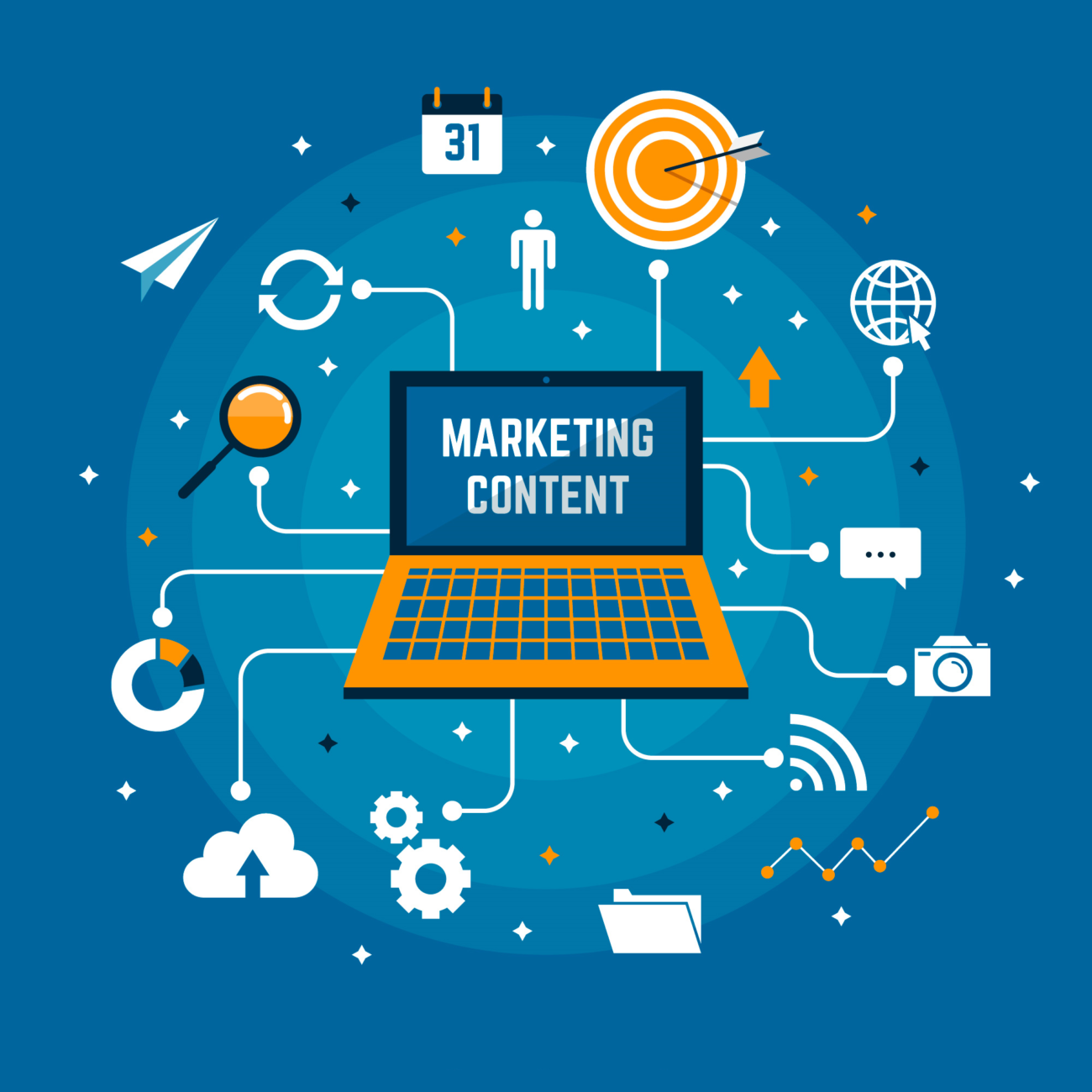We get this question a lot. We all know that the majority of Google’s massive revenue comes from ad clicks. So, there’s a strong motive for Google to reward advertisers with higher organic listings, right?
Well, not exactly. Google charges when someone clicks your ad. If they click your organic listing instead, Google makes no money. Boosting your organic rankings for a keyword while you are running ads for the same keyword might even end up costing Google money in terms of lost paid clicks.
But let us go back to our original question.
In managing thousands of campaigns across hundreds of accounts for almost 20 years, we’ve not only seen a lot of data but have also developed instinct and intuition regarding what works and what doesn’t. And one thing we have seen pretty consistently is that when a client advertises on Google, they eventually seem to get more organic and direct clicks – in addition to their paid clicks, of course.
Now, there are many factors that can contribute to increased organic and direct traffic. A sustained and focused SEO effort certainly would be a one. An aggressive content-creation program, separate from SEO, could be another. But we’ve seen organic and direct traffic increase in the months after launching paid ads, even when there is no associated SEO or content project underway. In addition, SEO efforts seem to be more effective when undertaken at the same time as an ad program.
In other words, we see that the benefits of advertising on Google almost always extend beyond the actual ad clicks and attributable conversions.
Why might that be?
The most obvious answer is that by placing search ads, you gain “real-estate” on Google’s search results page. If you already have an organic listing on Page 1 and you place an ad, you are roughly doubling the space and impact of your brand. Those of us who make a career out of managing Google ads focus a lot of time and energy on ensuring that ads are as big and prominent as possible – by utilizing ad extensions, for example.
By reinforcing the brand with an ad, you are creating more visibility and trust with your audience, thus increasing the “click-through-rate” of your organic listing.
Which brings us to our second point. Higher click-through-rates on organic listings are known as a ranking signal. Google wants to provide the best possible user experience to the users of its search engine. If more people will click on one of your organic listings, Google will eventually reward that listing with a higher position. This becomes a kind of “virtuous circle.”
Through increased screen real estate, your ads and organic listings are more likely to attract influencers. While these influencers are not necessarily buyers per-se, they may include your site or offer in some copy on their site, providing a valuable backlink.
To summarize:
Google does not appear to be putting its “thumb on the scale” in favor of advertisers when it comes to organic search results. However, if your only consideration regarding your paid campaigns is the number of visitors and conversions they produce, then you are ignoring a significant side benefit from your efforts.





